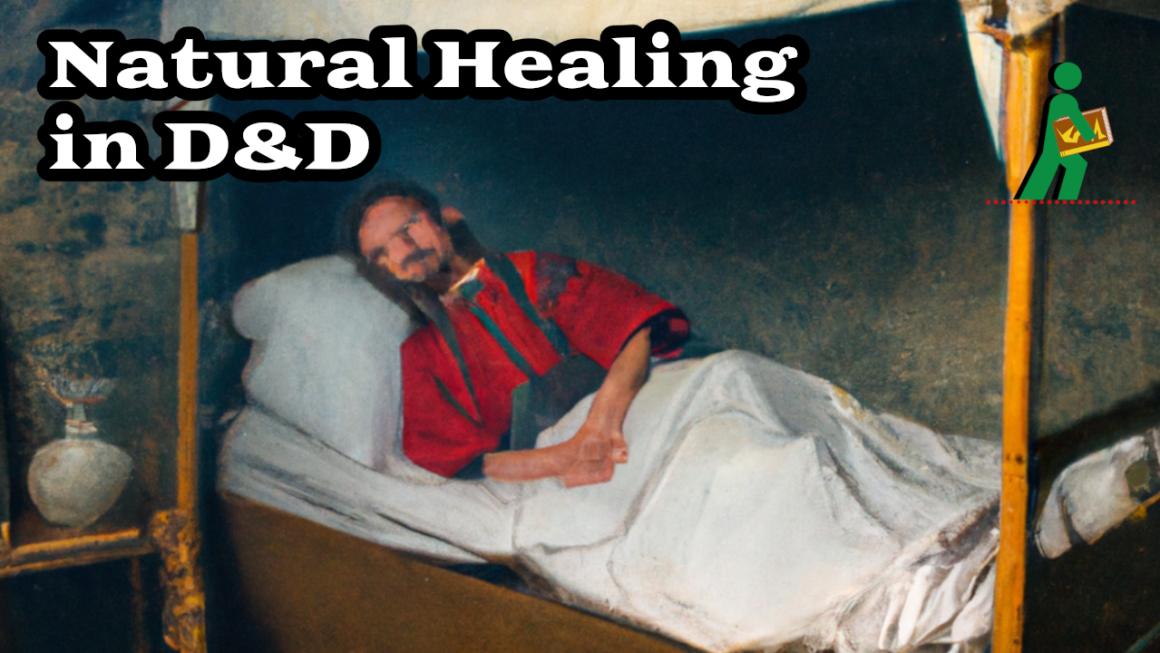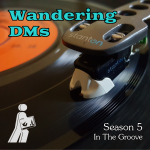
Natural Healing in D&D | Wandering DMs S05 E29

Without magic, how fast does a character heal in D&D? It may surprise you how much the answer has changed over the editions! Dan & Paul debate which rule is best. And what are hit points, anyway?
Wound healing refers to a living organism’s replacement of destroyed or damaged tissue by newly produced tissue. In undamaged skin, the epidermis (surface, epithelial layer) and dermis (deeper, connective layer) form a protective barrier against the external environment. When the barrier is broken, a regulated sequence of biochemical events is set into motion to repair the damage. This process is divided into predictable phases: blood clotting (hemostasis), inflammation, tissue growth (cell proliferation), and tissue remodeling (maturation and cell differentiation). Blood clotting may be considered to be part of the inflammation stage instead of a separate stage.
The wound-healing process is not only complex but fragile, and it is susceptible to interruption or failure leading to the formation of non-healing chronic wounds. Factors that contribute to non-healing chronic wounds are diabetes, venous or arterial disease, infection, and metabolic deficiencies of old age.
- Read Dan’s blog article on healing through the ages of D&D
- See last week’s Order of the Stick comic on the meaning of hit points
This description uses material from the Wikipedia article “Wound healing“, which is released under the Creative Commons Attribution-Share-Alike License 3.0.

